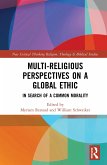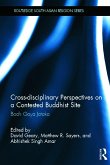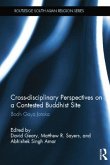This monograph explores the original literary produce of Muslim mystics during the eighth-tenth centuries, with special attention to ninth-century mystics, such as al-Tustar¿, al-Mü¿sib¿, al-Kharr¿z, al-Junayd and, in particular, al-¿ak¿m al-Tirmidh¿. Unlike other studies dealing with the so-called 'Formative Period', this book focuses on the extant writings of early mystics rather than on the later ¿¿f¿ compilations. These early mystics articulated what would become a hallmark of Islamic mysticism: a system built around the psychological tension between the self (nafs) and the heart (qalb) and how to overcome it. Through their writings, already at this early phase, the versatility, fluidity and maturity of Islamic mysticism become apparent. This exploration thus reveals that mysticism in Islam emerged earlier than customarily acknowledged, long before Islamic mysticism became generically known as ¿¿fism. The central figure of this book is al-¿ak¿m al-Tirmidh¿, whose teaching and inner world focus on themes such as polarity, the training of the self, the opening of the heart, the Friends of God (al-awliy¿¿), dreams and visions, divine language, mystical exegesis and more. This book thus offers a fuller picture than hitherto presented of the versatility of themes, processes, images, practices, terminology and thought models during this early period. The volume will be a key resource for scholars and students interested in the study of religion, ¿¿f¿ studies, Late Antiquity and Medieval Islam.
Hinweis: Dieser Artikel kann nur an eine deutsche Lieferadresse ausgeliefert werden.
Hinweis: Dieser Artikel kann nur an eine deutsche Lieferadresse ausgeliefert werden.








